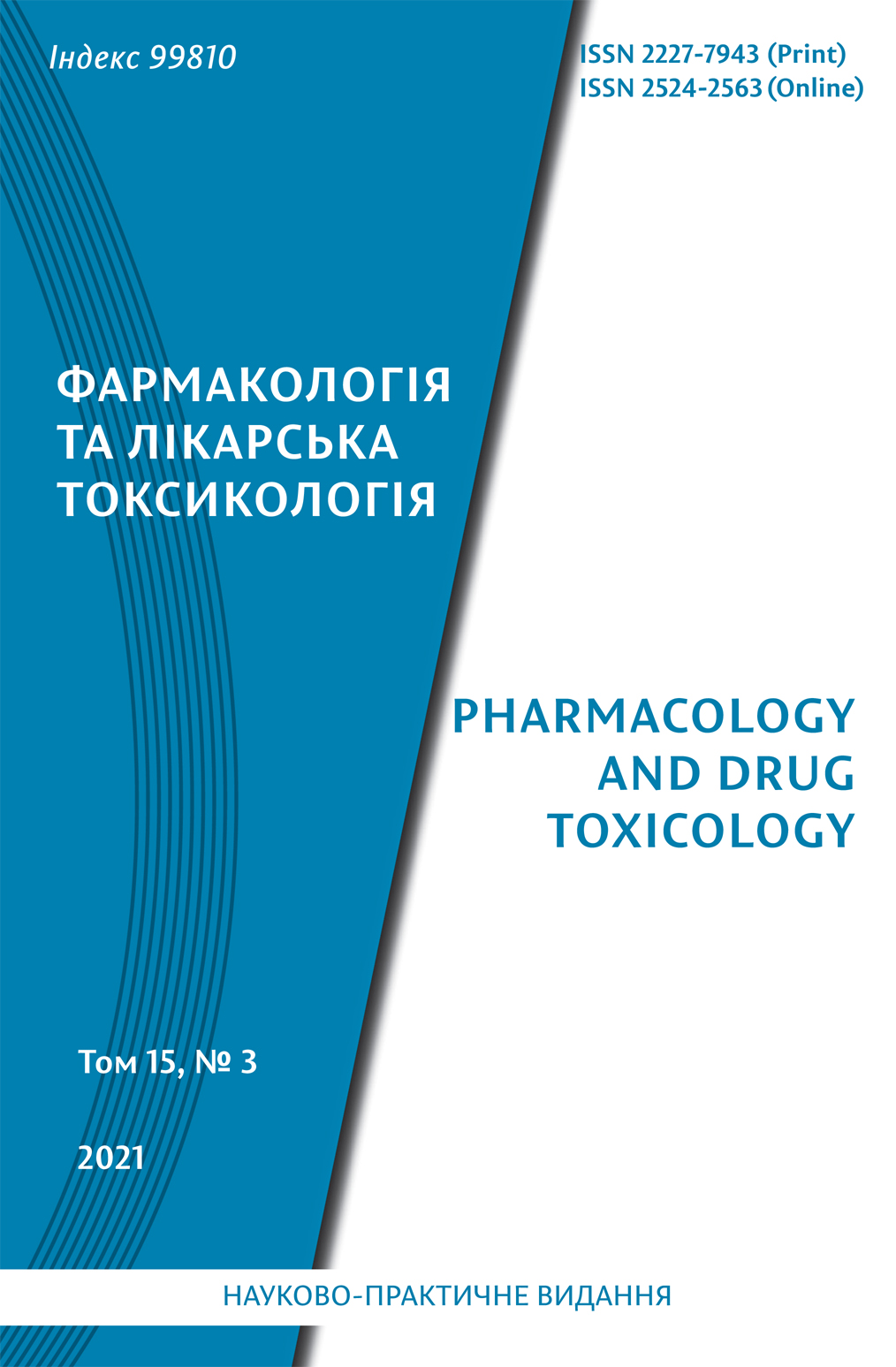Abstract
The review presents the current state of study of antitumor and antimetastatic activities of the polymethoxylated flavones nobiletin and tangeretin, which are mainly contained in citrus peels.
The results of experimental studies are presented, which demonstrate that nobiletin and tangeretin exhibit significant antitumor and antimetastatic effects against tumors of various histogenesis. Considerable attention is paid to description and generalization of the mechanisms of antitumor and antimetastatic
effects of these flavones.
Numerous studies indicate that nobiletin and tangeretin show great potential in combination therapy, increasing the antitumor activity of cytostatic agents with different mechanisms of action. Nobiletin and tangeretin reduce viability and proliferative activity of malignant cells by modulating the
signaling pathways PI3K/Akt/mTOR, NF-κB, p38MAPK, Stat3.
These flavones activate apoptosis in tumor cells by increasing the expression of pro-apoptotic factors (Bax, p53, caspase-3, caspase-9) and decreasing the expression of anti-apoptotic proteins (Bcl-2, Bcl-xL, xIAP etc.). In addition, nobiletin can activate apoptosis through mitochondrial dysfunction.
Nobiletin and tangeretin cause the death of autophagic malignant cells and reduce their invasion, migration and angiogenesis, suppressing the production of matrix metalloproteinases (MMP2, MMP7, MMP9) and VEGF.
Nobiletin and tangeretin may become the basis for development of new modern antineoplastic drugs, most likely for the treatment of breast and prostate cancer.
